The 2nd Exchanges Mechanism Conference of CPEC Consortium of China-Pakistan Universities held at ZJU
The 2nd Exchanges Mechanism Conference of CPEC Consortium of China-Pakistan Universities is held on Zijingang Campus on Nov. 1, 2018. More than 70 representatives from around 30 Chinese and Pakistani universities gather at ZJU to report on the 2017-2018 annual work and discuss the future of the Consortium.
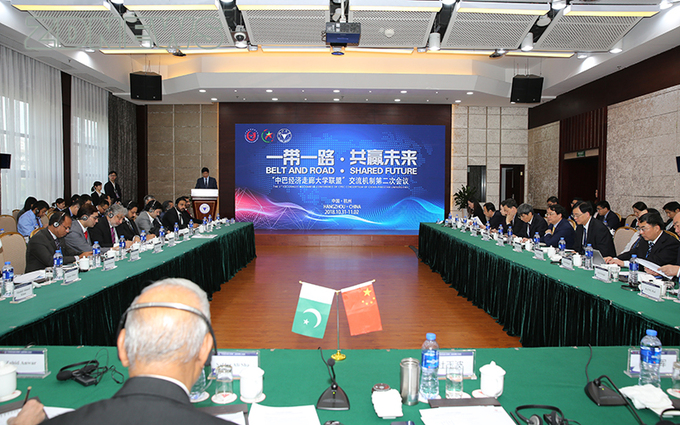
In his speech, DU Yubo, president of China Association of Higher Education, points out the significance of the platform development for both countries in terms of educational, cultural and economic exchange and cooperation. “The exchanges mechanism has greatly motivated the universities in China and Pakistan and promoted the mutual visits, academic exchange, and cooperation in talent training and research.”
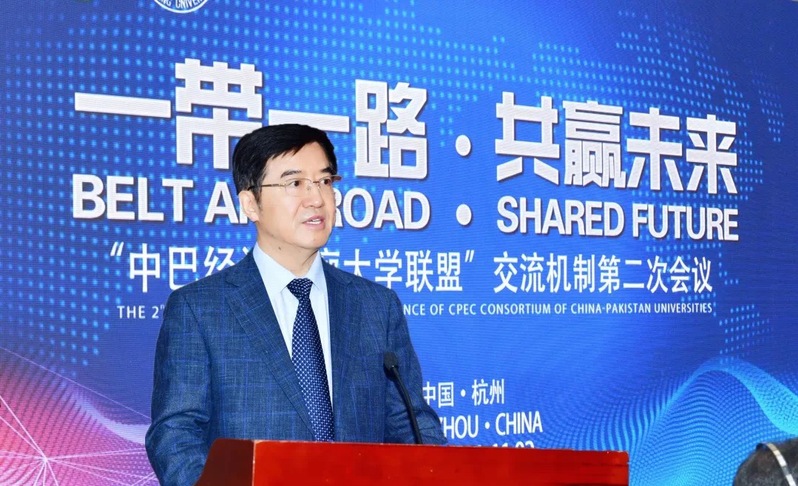
“Let me once again, reiterate our support to the Consortium and the universities which are members of this Consortium,” says Lt Gen (R) Muhammad Asghar, “We are very confident, that given the kind of enthusiasm on both sides, we will be able to make this Consortium an example for many, many others in the entire world.”
Succeeding Fudan university, ZJU is chosen as the host of the second conference. WU Zhaohui, president of Zhejiang University, welcomes all the guests from afar. “We highly value the friendship between Chinese and Pakistani people. ZJU will work in line with the national initiative of ‘Belt and Road’ and continue to contribute to the development of the China–Pakistan Economic Corridor.”
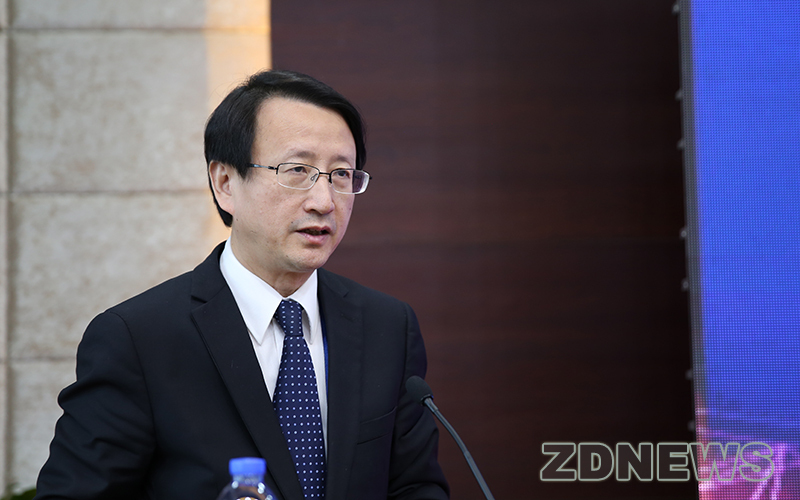
During the morning session, Zhejiang University, Hong Kong Polytechnic University and National University of Sciences and Technology (NUST) of Pakistan also sign a tripartite MoU, which aims to facilitate discussions between the parties through collaborating in a joint PhD program.
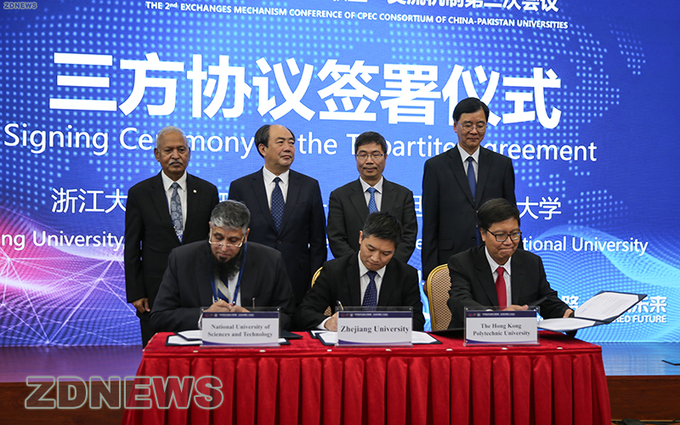
The conference breaks into four separate panel sessions in the afternoon, regarding innovation & entrepreneurship, information engineering, agricultural sciences and medicine & health.
“Agriculture is the backbone of Pakistan's economy”, says a Pakistani doctoral candidate at ZJU, “We are all more or less connected with farming.” This conviction is partly confirmed by the fact that the agricultural sciences panel has attracted the most participants and the College of Agriculture and Biotechnology the most Pakistani students.
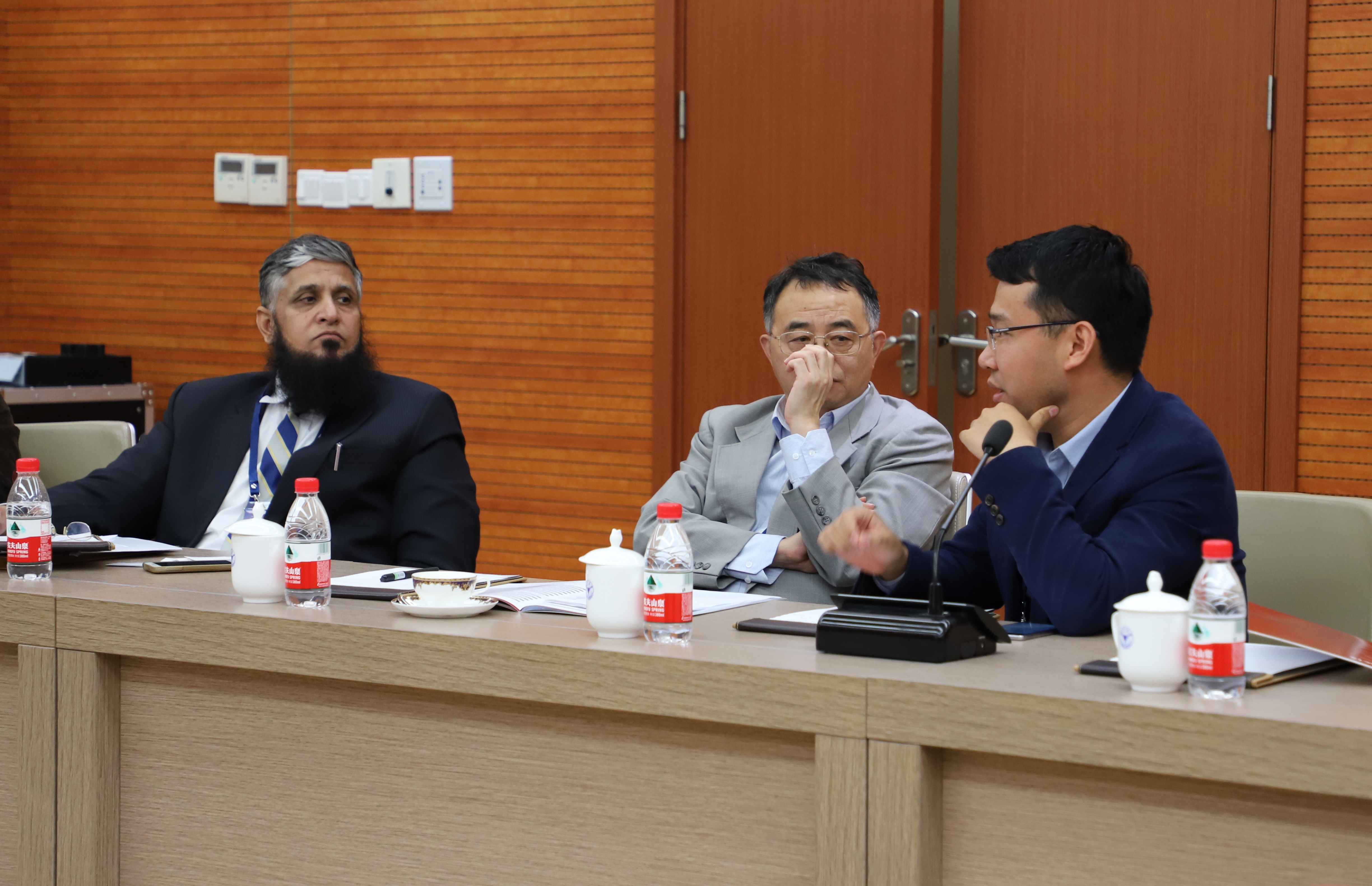

According to the knowledge of ZHU Shuijin, vice dean of the College of Agriculture and Biotechnology of ZJU, there are two directions that future cooperation in agriculture might go. The first is pest control, or more specifically, drosophila melanogaster control, to which Pakistan has long been a helpless victim. The second is seed cultivation. “Pakistan has a wide range of crop seeds from which China may benefit, and conversely, China possesses the technology of species improvement that might save many of those seeds from extinction.”
Besides agriculture, the innovation & entrepreneurship panel seems also appealing for many Pakistani participants. Dr. Nasir Afghan, director of Institute of Business Administration, is here for market opportunities. “I want to transform academic achievement into economic profits, ” Dr. Nasir Afghan believes that he is speaking for a large group of Pakistani businessmen, who have many wants from Chinese universities, including knowledge of the Chinese market and some real criticism of Pakistan economic weakness.
The China–Pakistan Economic Corridor (CPEC) is a collection of infrastructure projects that are currently under construction throughout Pakistan. It is valued as a model project of the “Belt and Road” Initiative. As a response from higher education to national strategies, “the CPEC Consortium of China-Pakistan universities” is established on a voluntary premise by Chinese and Pakistani universities to promote the cooperation in talent cultivation, scientific research, academic exchange, social services, etc.
Writer: XIE Qiuyi